Violence against women is worryingly normalized, to the extent that women are being conditioned to protect themselves using anything at their disposal from a very young age. It goes without saying that violence against women is, and should continue to be, a pertinent human rights issue until its eradication; but what constitutes Violence Against Women? And what implications does this have for their Human Rights?
Well, violence against women is defined as ‘any act of gender-based violence that results in, or is likely to result in, physical, sexual or psychological harm or suffering to women’ this includes 'threats of such acts, coercion or arbitrary deprivation of liberty, whether occurring in public or in private life’. Of course, suffering such violence is a fundamental violation of women’s human rights in accordance with the Universal Declaration of Human Rights.
Sexual Harassment, Child Marriage, Human Trafficking and Reclaim the Night
A surge of discussions and debates surrounding violence against women re-emerged after a case in March 2021. Sarah Everard, a 33-year-old woman was kidnapped and tragically murdered in Clapham, London. What followed was a wave of collective anger that despite Ms. Everard taking precautions to protect herself, she still had her life ripped from her. According to a survey from UN Women UK, 97% of young women in the United Kingdom have experienced a form of sexual harassment. Further research identified that ‘52% of women had experienced sexual harassment at work, and of the one in five who had reported it, three-quarters said nothing had changed, while 16% said they were treated worse as a result.’ This issue is not only found in the UK. Women across the world experience gender-based violence on a daily basis including cat-calling, child marriage, sex trafficking, rape, and exploitation. UNICEF’s June 2019 report discovered how 12 million girls worldwide are married before they reach the age of 18 every year. Moreover, women are disproportionately more likely to be trafficked for ‘sexual exploitation, ‘forced labor’, but also ‘sham marriages’, ‘benefit fraud’, and the ‘production of pornography’. A recent UN report identified that 71% of trafficking victims are women and girls. The Belém do Pará Convention was the first legally binding international treaty in 1994 which criminalized all types of violence against women, notably sexual violence. Many have said it is enough, but the only way for fundamental and continual change is to have men on board with the fight as well.
‘Reclaim the Night’ is a movement that started as part of the Women’s Liberation Movement by women in Leeds, United Kingdom in the 1970s. The key idea was to allow women the right to move in public spaces at night without the threat of violence. A response to the overwhelming lack of convictions for rape and attempted rape, the movement addressed how women are being denied both their human rights and civil liberties having to live under the threat or negotiate
the reality of sexual violence. The recent case of Sarah Everard has caused a resurgence of the movement, as an outcry for the world that almost 40 years after the first march of Reclaim the Night, women are still made to feel unsafe walking the streets alone.
Women’s Rights and the Declaration of Human Rights
The Universal Declaration of Human Rights promotes human rights for all – this means all genders, races, and sexualities. Broadly speaking, everything discussed thus far would be an infringement of women’s human rights. In accordance with Article 1, We Are All Born Free & Equal, and as explained by Article 2, we are all entitled to the Right to Live Free of Discrimination. So, why is it that women experience a disproportionate amount of violence? Why are women unable to do something so simple as to walk down the street at night?
Well, prejudice and discrimination are taught, we are not born with pre-conceived ideas of what it means to be a man or a woman, these aspects are
culturally embedded in the socialization process. We are dealing with an incredibly complex and far-reaching cultural problem that begins in childhood. Some aspects have so normalized they aren’t even necessarily seen as being the foundation for more serious gender-based violence, such as wolf-whistling, cat-calling, and unwarranted flirtatious remarks. Additionally, article 13 the right to Freedom of Movement, emphasizes the right to move safely within the borders of their own country, and within any country. Therefore, women are entitled to move freely wherever they wish and to be able to do this without fear of violence. However, data from 143 countries worldwide provides evidence to show large percentages of women do not feel safe walking alone a night,
even within their own communities. This is the harrowing result of gender-based violence, there is no way to dispute the overwhelming amount of evidence that shows women simply do not feel safe. Human rights are women’s rights and vice versa. If a man can walk on the street at any time day or night, why should a woman fear to do so?
Furthermore, Article 16 on the Right to Marriage and Family claims ‘Marriage shall be entered into only with the free and full consent of the intending spouses.’
Therefore child marriage, which affects roughly 1 in 5 girls per year, is an exploitation of this human right as one cannot consent under the age of 18. Covid-19 has exacerbated this human right violation: ‘Before the Covid-19 pandemic, more than 100 million girls were expected to marry before their eighteenth birthday in the next decade. Now, up to 10 million more girls will be at risk of becoming child brides as a result of the pandemic.’
The Belém do Pará Convention (The Inter-American Convention on the Prevention, Punishment, and Eradication of Violence against Women) was the
first legally binding international treaty in 1994 which criminalized all types of violence against women, notably sexual violence. The treaty affirms that
‘violence against women constitutes a violation of their human rights and fundamental freedoms’. It further addresses the need for the creation of mechanisms to protect and defend women’s rights, as integral to tackling violence against women. Similar to what is expressed in the Universal Declaration, Article 3 of the Belém do Pará Convention stresses women’s right to freedom from violence (in public and private spheres), with Article 4 going further detail regarding ‘equal protection before the law’, ‘the right to personal liberty and security’, ‘the right to not be subjected to torture’ and so forth. These documents are essential to fight for women’s rights and protections in courts and before the law. Whilst legally binding treaties and the acknowledgment of such is crucial, ultimately the only way for fundamental and continual change to occur is to encourage men of all countries to engage in this fight.
What are we doing at USIDHR?
Understanding women’s human rights and how to protect them in order to tackle gender-based violence is essential for social cohesion and gender equality. The Declaration on the Elimination of Violence against Women proclaimed in 1993 in the UNHRC claimed ‘violence against women is an obstacle to the achievement of equality, development and peace’. Hence, it is about having equal rights. Period. At USIDHR, our program Let Her Lead equips young women and girls with the skills and knowledge they need to protect their human rights and fight against child marriage, gender-based violence, and human trafficking. We believe that educating women and providing them with the necessary tools is one way in which we can help decrease gender-based violence.
Changing mindsets
So can we reclaim the night? Well, it won’t happen overnight, and ‘there is no one solution’, but with increased education on the part of men, as well as women, we can hopefully work towards a safer world for women. The more people who are aware of their human rights, the more voices can be added to the fight for gender equality. As illustrated above, gender-based violence happens routinely, oftentimes with little-to-no consequences for perpetrators. We cannot allow violence against women to be normalized in any society, so that is why we need governments, states, and institutions backing reforms. In order to combat violence against women, we need to change mindsets, attitudes, and behaviors.
Reference list:

Ella Turney
Research Assistant

Olivia Flavell
Senior Research Associate
Top Posts
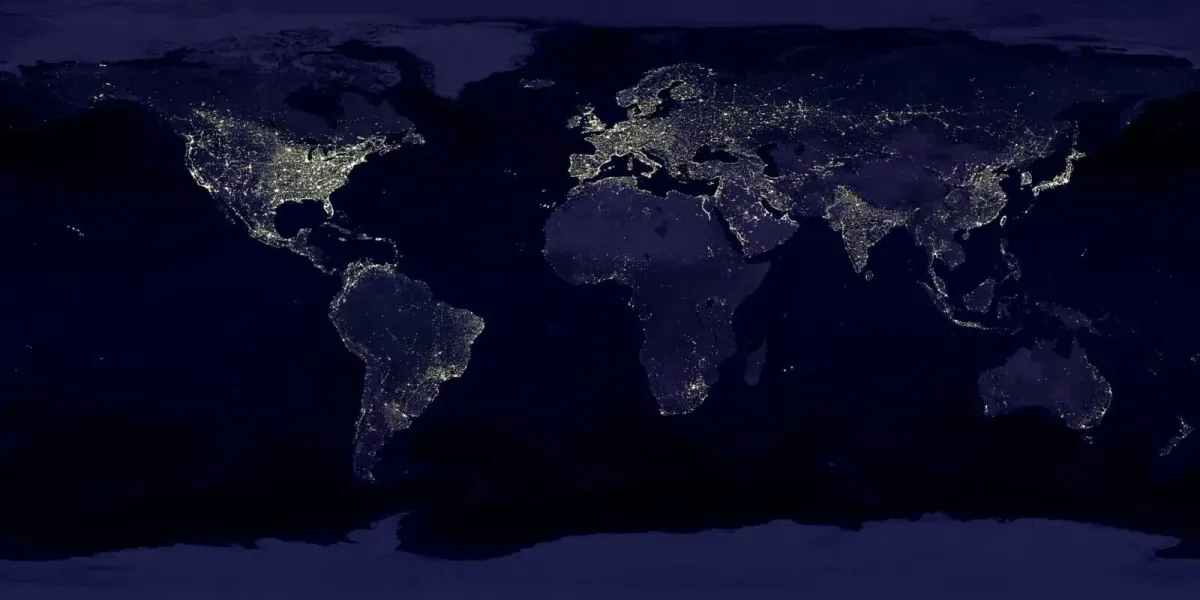
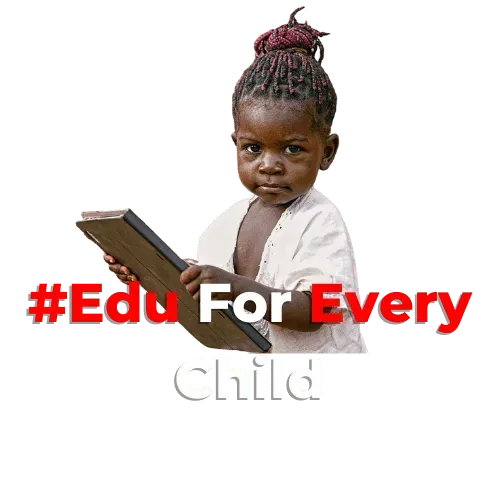
Donate to help provide educational resources for underprivileged children.
Who is USIDHR?
US Institute of Diplomacy and Human Rights (USIDHR) is a 501(c)3 nonprofit organization located in Washington, DC. Its main purpose is to advance education for all. Through its EduforEveryChild program, USIDHR helps kids at-risk of poverty go to school by supporting their education for an entire year. So far, they have helped hundreds of kids go to school by awarding them the Edu-box containing school supplies, materials and necessaries to go to school. USIDHR also provides online courses and training on human rights, human trafficking, diplomatic protocol and etiquette, and business consulting. Other programs include Let Her Lead, an initiative aimed at empowering young women through education and training, and Religious Pluralism for promoting religious freedom for all.
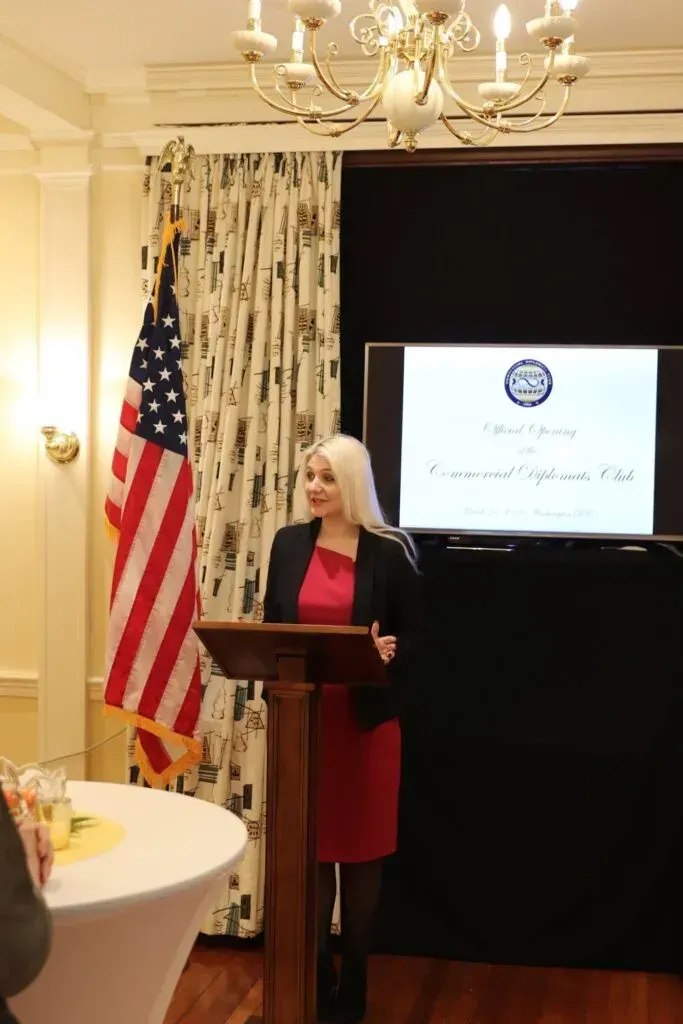

Other Blogs You May Like:
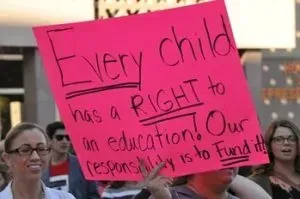
Education for children – Advocating for the right to education
The right to education has been recognized as a human right in a number of international conventions, including the International Covenant on Economic, Social and
August 24, 2020 - No Comments

What is Cloud Diplomacy?
Diplomacy changed considerably during the twentieth century. The word ‘diplomacy’ strictly described any face-to-face contact between the governments of one nation and
April 18, 2021 - No Comments
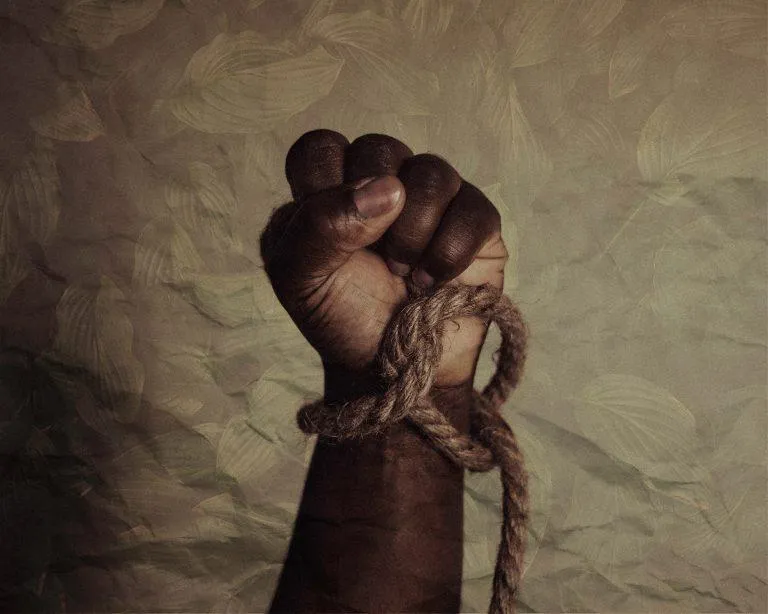
The Significance of Juneteenth: Celebrating Freedom and Honoring History
The Significance of Juneteenth: Celebrating Freedom and Honoring History 5 min read Why is Juneteenth Important? Juneteenth, also known as Emancipation Day, Freedom Day,
June 12, 2023 - No Comments
Follow USIDHR:
Follow USIDHR:
© 2023 US Institute of Diplomacy and Human Rights is a 501(c)(3) organization. Gifts are deductible to the full extent allowable under IRS regulations.

